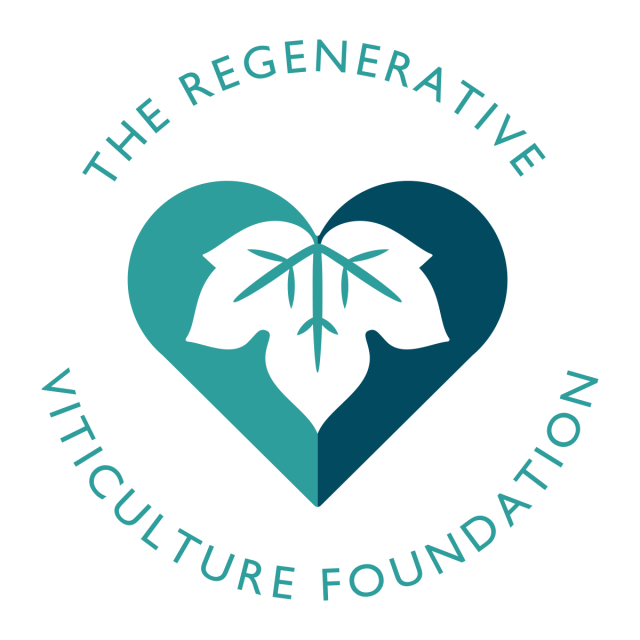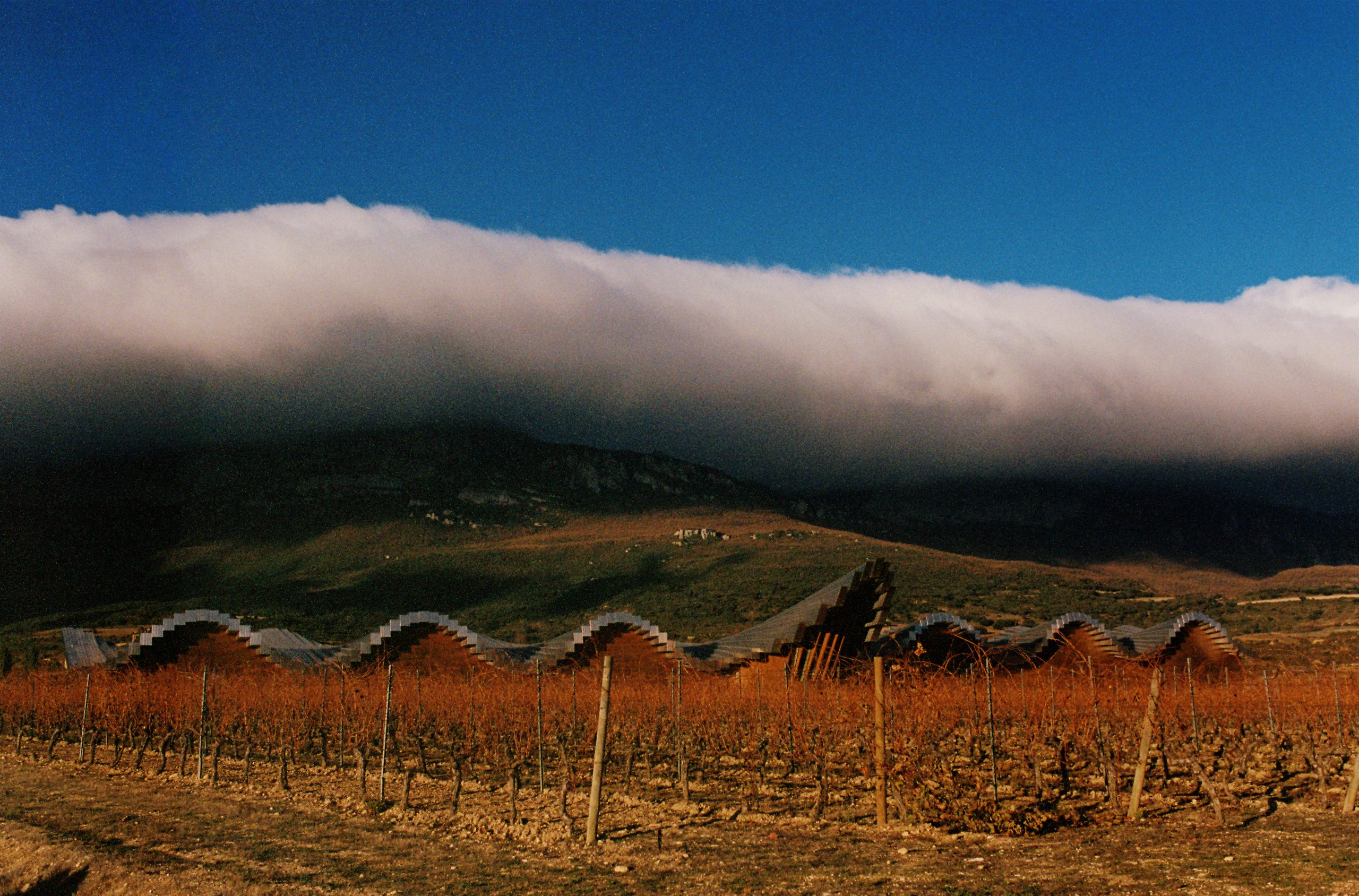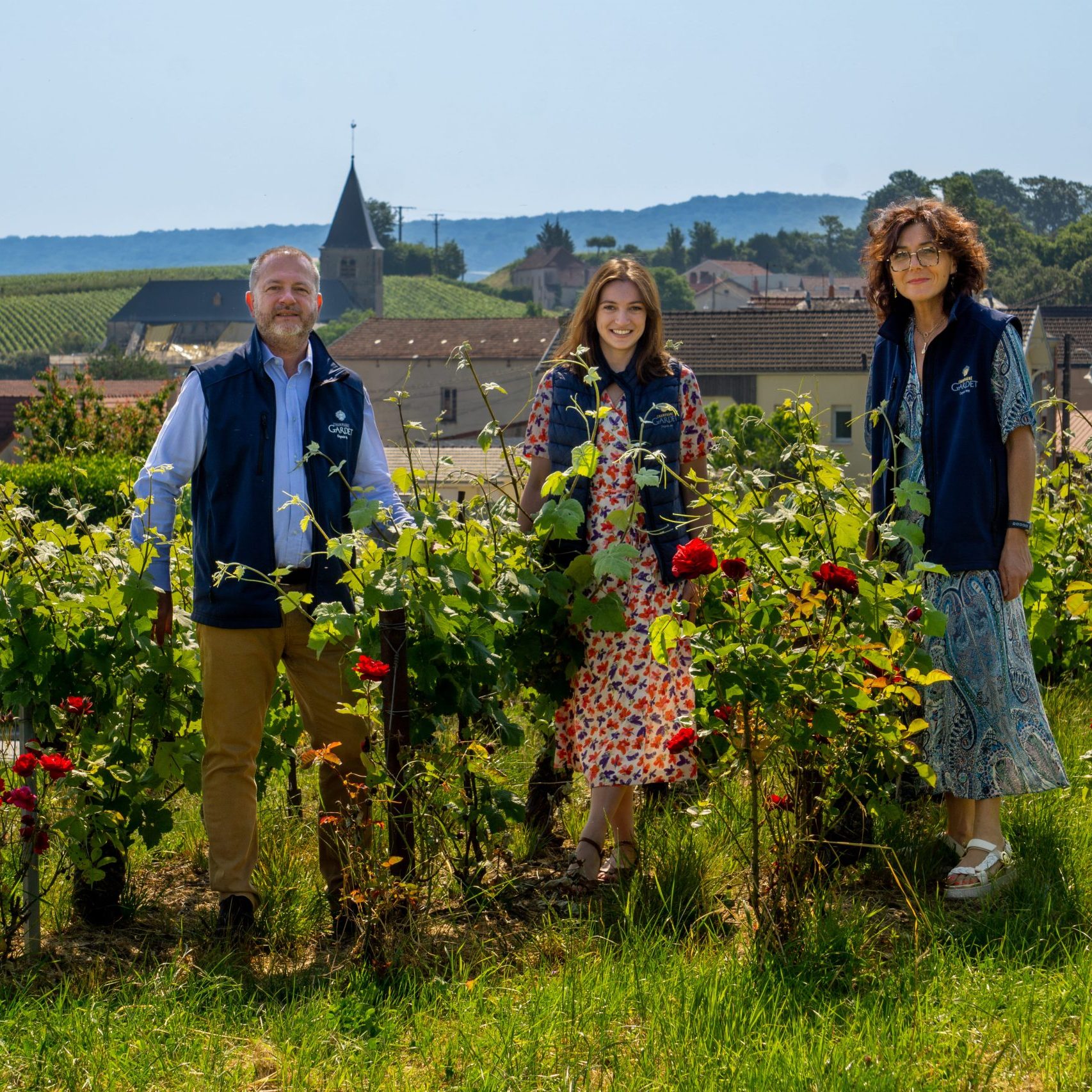Foundation launched ‘to step change viticulture’
A UK-based charity was launched last month to help wine producers “step change viticulture together”, according to a founder member of the association.

Called The Regenerative Viticulture Foundation, the organisation was officially launched last month in London, where one of the founding members of the ‘global board’, Justin Howard-Sneyd MW, outlined its reason for being.
Recording that conventional farming methods – which are employed on around 75% of vineyards – are “depleting the quality of farmlands”, he stressed the need not just to stop degrading soils, but “build back” their health.
As previously reported by db, regenerative viticulture is based around improving the carbon content and life of vineyard soils, which is achieved by ditching the tilling of the land.
It’s doesn’t require certification, but by eliminating ploughing, and establishing cover crops, wine producers can improve the rainfall infiltration and water holding capacity of vineyards, while improving their yields, and taking carbon dioxide out of the atmosphere.
The foundation has been created, said Howard-Sneyd, to help wine producers move to regenerative approaches by connecting people and providing a source of information to and between growers.
“It’s an exciting opportunity to step change viticulture together,” he said.
Similarly, in an opening speech, another founding board member of the foundation, Stephen Cronk of Mirabeau in Côtes de Provence, described the new association as a way to for producers to learn about the techniques of regenerative viticulture.
Partner Content
“The purpose of the Regenerative Viticulture Foundation is to help build the knowledge of how to move towards regenerative viticulture in a way that doesn’t totally disrupt our businesses,” he said.
Continuing, he stated, “Regenerative farming is like a toolbox provided for us by nature and we need to get really proficient in how to use it effectively.”
According to the website for the organisation, the foundation’s ‘mission’ is to “support a transition away from a chemical based monocultural agriculture that is degenerative to soil and local ecosystems towards a regenerative agriculture as it relates to the management of vineyards, and for greater biodiversity in viticulture to become the new conventional.”
As for its vision, the same site states: “Once people understand the positive impact wine farmers can have on climate and biodiversity they might start exploring a move away from ‘conventional’ farming and adopting a more holistic and regenerative approach to vineyard management.”
Read more
How a few changes to vineyard management could help save the planet
Related news
Bordeaux 2024 en primeur: St-Estèphe confounds expectations




